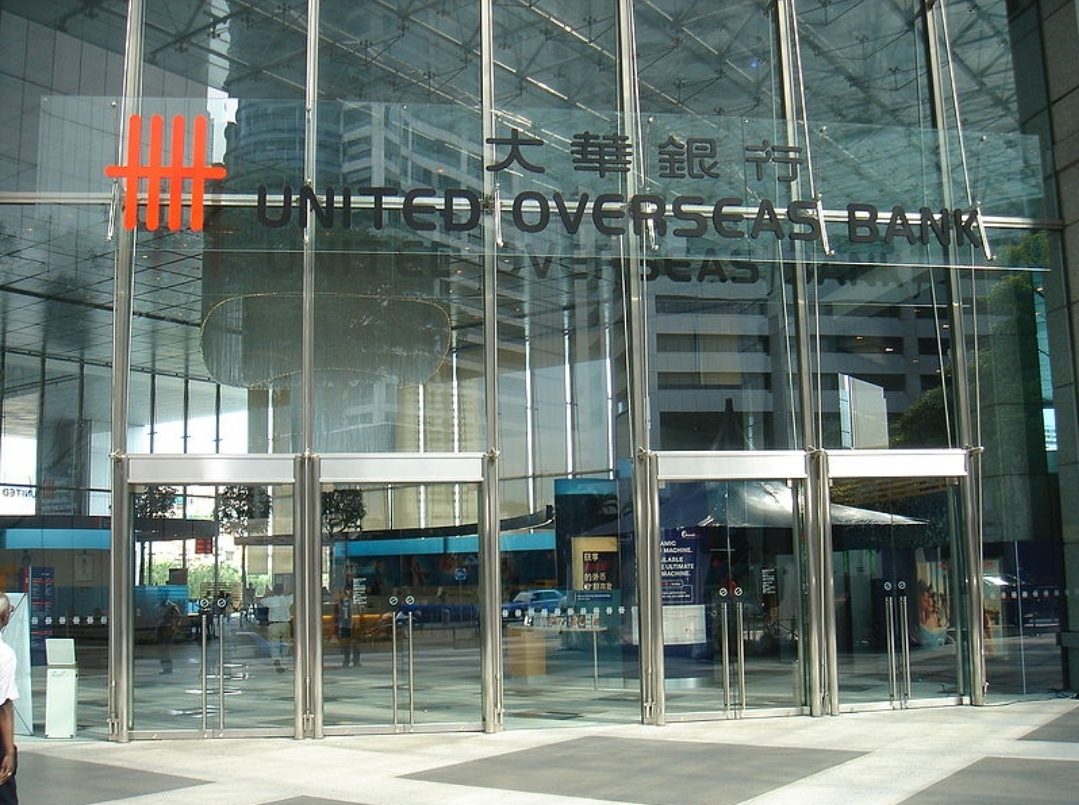SINGAPORE: UOB is moving some of its back and middle-office functions to Kuala Lumpur (KL), Malaysia, aiming to keep its cost-to-income ratio at 40 per cent by 2026. According to Group Chief Financial Officer Lee Wai Fai, this will help the bank sustain a return on equity (ROE) of around 14 per cent by 2026, as reported by The Business Times.
KL was chosen for this shift due to its strong talent pool, which UOB believes will provide the quality of staff needed. “Our first phase of offshoring will continue to be in KL, as it has a good hinterland of people that can supply the quality of staff that we want,” said Mr Lee during the bank’s corporate day event in KL on Aug 14.
According to Fintech Singapore, this decision is driven by cost considerations in Singapore, where UOB is currently based. The bank is speeding up its offshoring efforts by centralising card centres and looking into expanding into areas like compliance and more. Mr Lee also emphasised the need for organisational restructuring and process improvements, which will be supported by investments in both staff and technology.
UOB’s growth strategy includes focusing on key ASEAN markets, including, Indonesia, Malaysia, Thailand, and Vietnam, with income from these markets anticipated to hit 30% by 2026.
The bank expects non-interest income to make up 37% of its total revenue by 2026, supported by growth in trade finance, wealth management, and customer treasury services.
The bank’s wholesale business is also shifting on trade, cash management, and treasury services. UOB plans to double its trade loans and boost income from the four key ASEAN markets.
The retail sector, strengthened by the acquisition of Citi’s retail operations in these markets, is expected to gain from growing regional wealth. This acquisition has also accelerated UOB’s expansion plans across the region. UOB aims to increase its retail customer base in the region to about 10 million over the next three years, up from the current eight million. /TISG
Read also: UOB rewards non-executive directors with 30,400 shares as part of their remuneration

